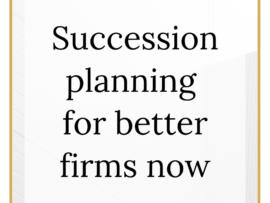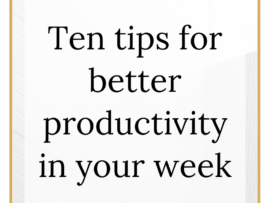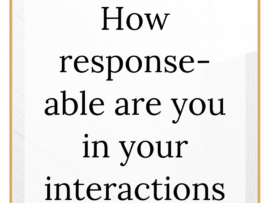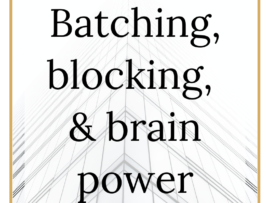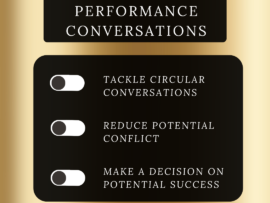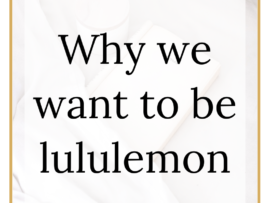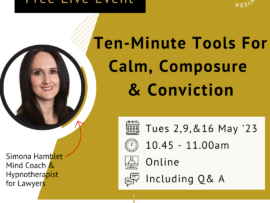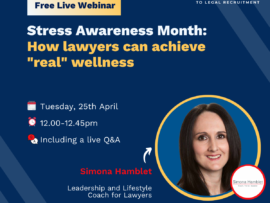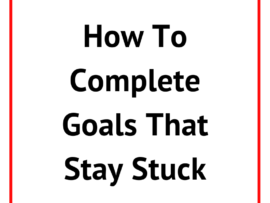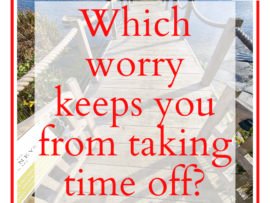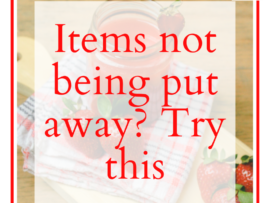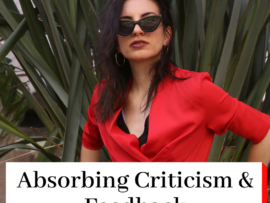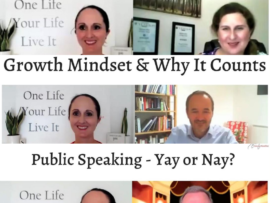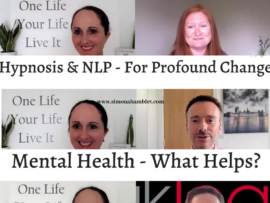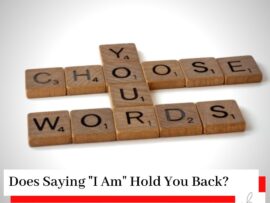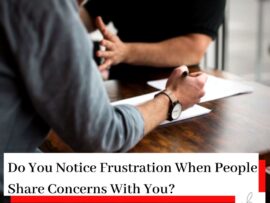Friendships – New Ways To Make Them Fun (Again)
0 CommentsFriendships : Creating new ways to make them work
What does friendship mean to you?
We are all different. So naturally, your expectations will differ to mine.
We also have different types of friendship. Each with our own expectations (or ‘rules’) about them, and those in them. Do we know what they are?
For most of us, we have never sat down and thought about what our ‘ideal’ friendships might look like.
What are our ‘rules’ about what makes a good friend, what do we think ‘should’ be present or ‘should happen’, and do we meet our own expectations of being a good friend?
Be exploring the idea of friendship, and what that means to us, we can see where we might be expecting too much, or, indeed, too little. We can understand why we might not be having fun, and where we might be choosing quantity over quality. Perhaps we simply aren’t attracting the right types of friendships into our lives.
So before we explore some of our existing friendships, it could be useful to consider, or brainstorm, what the following means to you:
- What does friendship mean to me?
- What does being a good friend mean to me?
- What are ‘deal breakers’ when it comes to friendships, friends, and what are no go areas?
- Is there anything else that comes to mind when I think about friends and friendships?
Exploring friendships
It could be that the first exercise (above) has already got you thinking about your friendships in a different light, .You may have noticed that some friendships come to mind as extremely positive. Others you may wish they would just go away, or they have some stress or frustration around them. It doesn’t need to be anything significant, it could be guilt associated with not seeing them, or not wanting to see them, all of which still creates a continuous undercurrent of stress – which we will tackle in a moment.
For now let’s take a look at your existing friendships, and explore what might be going on. Dig a little deeper, or get some new understandings, or even expectations.
Grab a pen (or device of your choice) and take a moment to write down all of your friendships (it could be individual names, groups, or types of friends, or a mix) but leave some space on the page between each one, (or to the side), so to allow for some additional notes in a moment.
Once you have that list (as always keep going until you have run out of ideas, you can always amalgamate them before doing this next step), make a note of anything that comes up for each of those friendships, as follows:
1. What feels good or great about that friendship right now, or did in the past (if anything)
2. What guilt, or irritations, come up when you think of that friendship (if anything)
3. If you were to give more of something to that friendship, and it was healthy to give more, what could it be?
4. If you were to receive more of something in that friendship, and it was healthy for them to give and for you to receive more, what could it be?
5. If you were to wave a magic wand over any guilt or irritation, if any, what would be different?
6. If could you create that change, what could you do?
7. And finally, would you want to ?
Now it may be that having got to the end of this second exercise (including the initial brainstorming), and have decided that there is something deeper that wants to be explored around friendships as a whole (and please do get any support you need). Or it could be that overall it is okay, but some friendships stand out as needing change. In either case, now that you know this, you can start on your journey to make new decisions, and choices. Deciding to go forward from a greater understanding about what you want to give, and receive, from healthy friendships (and move away from those that aren’t). These changes could be quick, or they could take time to grow and be nurtured.
Existing friendships
Minor niggles, or worries
It may be that you have friendships, but there are some ongoing niggles that need tending to. Here are some ideas that could be useful to help you on your way…
Seeing someone too much or not enough?
It could be that you notice that you feel guilty (or frustrated) about not seeing someone enough. Perhaps you feel pressured to see them more than you want, or are able, even if it never actually comes to pass. Either way that guilt comes to mind when you think of them, or they get in touch.
What could it mean?
Ending a friendship – one path could be that you feel guilty because you feel you ‘should’ see that person but no longer want to (for a host of potential reasons). The friendship has run its course, whether you have tried ignoring it, still see them and regret it, or you keep the ‘let’s catch up soon’ dream alive with your communications, as tough as it is, this friendship probably needs to be brought to an end to save your mental undercurrent of stress around it.
Limiting the choices – Perhaps you do want to see your friend(s), but time passes, or you feel it is too much. Have you ever stopped to think about how often would work best for your friendship? Now is a great time to let that worry go by reaching an agreement (ideally with your friend) about how often feels good/or right to meet. Less could be more, and if you aren’t sure, focus on the lower figure as you can always increase it, rather than feel bad about not being able to meet or being irritated when you do catch up. Perhaps you can even agree a time of year, place, or activity that will become your thing? Quite often this type of decision making can be a relief for both people, one fewer decision to worry about.
Boundaries and expectations
This is where we start to explore where we might need to make some further changes, or decide how to better communicate our needs.
Getting in touch – Perhaps there is an imbalance about who initiates contact, organises the events, or remembers events. This could come about for various reasons. Has the friendship now run its natural course and has come to an end, but it hasn’t been let go of? Or perhaps you created a habit that you initiate contact? Your arrangements or busier diary, made it easier. Perhaps you are more organised and like to schedule and they go with the flow more (even so you are perhaps both surprised when you realise another year has passed!). Whatever the reason, in the latter situations, your friend genuinely want to see you, and you them. In which case you need to decide if you are happy to keep initiating contact, tell them that you want them to initiate contact more, or decide to communicate about how to set those times up in advance (see above).
Irritating behaviours – Do you like your friend but there is a specific behaviour that you find irritating? Well as above, and as with all things, once you have identified the behaviour (and why it bothers you so much – for example is it on principle, being right, or a genuine value that triggers it) you can make a choice. Those choices are to accept it, take steps to hopefully create a win-win change, or bring that friendship to an end. Only you can decide what it is, and what feels right for you in the long term.
Rules – It could be your rules, or it could be theirs that are exhausting you. If it is your own, then as you have started to notice more of your expectations, shoulds, and rules, perhaps there are some aspects that we can loosen our grip on, to make our lives happier, lighter, and overall more fun for us. Perhaps we need to communicate with our friends that their expectations, shoulds, and rules are too much, and reset those boundaries and expectations the other way. It might be uncomfortable, but if that friendship is going to work, it probably needs to be done.
Clarity and clearing
What to do with that new clarity? Well, having worked through some of your experiences, you can perhaps start to use that clarity to keep the clearing (decluttering) process going, and use it to your advantage going forward.
It could be that you have decided to clear some of your relationships by moving them on. Perhaps you have decided to clear some of your expectations, shoulds, and rules around relationships and friends. Or was it clearing the way to establish new boundaries within existing friendships that was important to you?
Whatever your choices, be it tweaking existing relationships, letting them go, or attracting new ones (or both). By creating a new awareness, your friendships can start to be more fun, more supportive, and more in keeping with the life that you are creating for yourself.
I hope you found these exercises useful.As always, part of the journey can sometimes be tricky, so above all else, be kind to yourself. And if I can help, do get in touch.
In the meantime, I would love to know what has changed in your friendships over the years, or in the next few weeks, as a result of seeing them in a new light?
Simona


